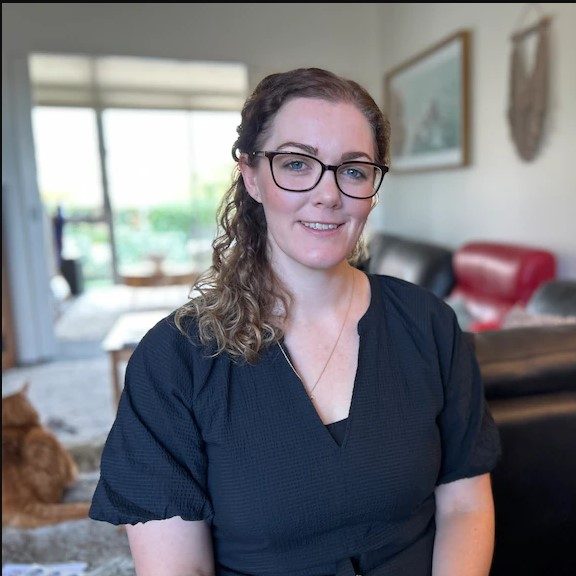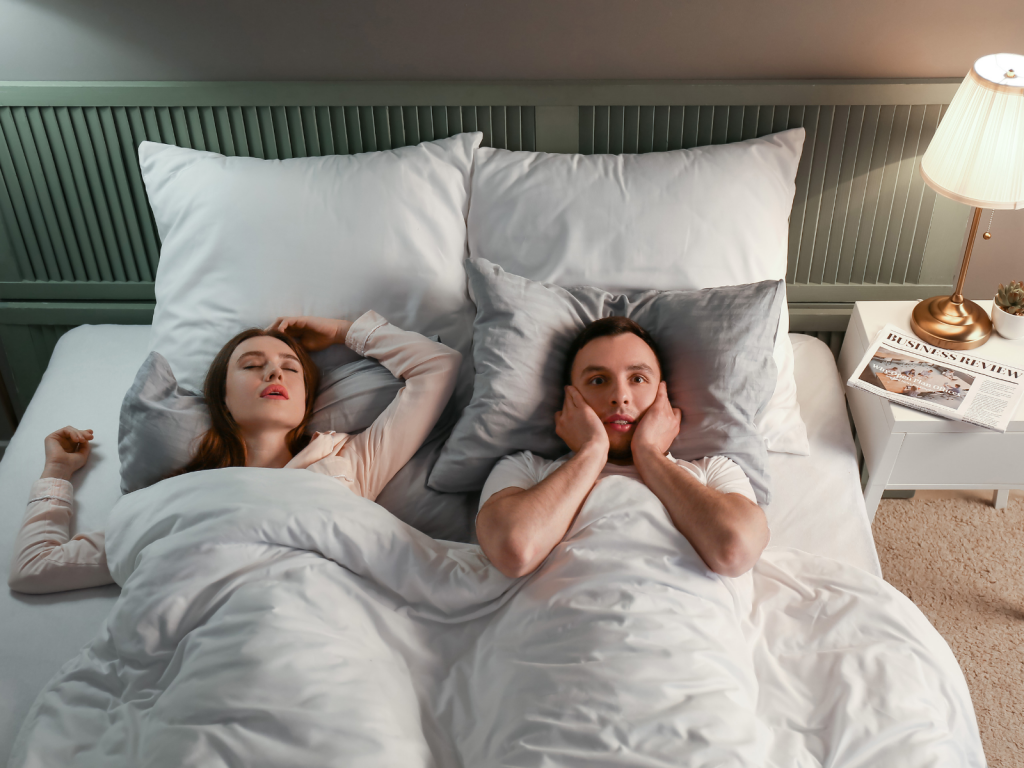
In recognition of Stop Snoring Week, commencing 20 April 2024, we delved into the snores that keep many awake at night, seeking insights from our sleep expert, Sam Bramich. As a dedicated Sleep Technician and a researcher supported by the Foundation, Sam brings a wealth of knowledge on why people snore and how to address it.
Sam explains that snoring isn't just a nightly inconvenience; it's a signal from our body that something might be amiss, such as the potential for obstructive sleep apnoea. Understanding the root causes—from relaxed throat muscles to lifestyle factors—is vital to finding solutions. With Sam's expertise, we're equipped with actionable tips to combat snoring, from medical interventions to simple lifestyle adjustments such as maintaining a healthy weight, avoiding alcohol before sleep, and practising side sleeping.
As Stop Snoring Week unfolds, let's take steps towards better sleep by exploring Sam's research-backed advice. Whether you snore or spend the night next to someone who does, join us in finding out how to embrace a quieter, healthier night's rest.
Why do some people snore?
Snoring occurs when some parts of the throat vibrate during sleep. It is usually a part of the throat called the pharynx, which is held open by several small muscles. During sleep, these muscles relax, and the pharynx becomes narrower and more prone to vibrations when people breathe in and out while asleep. Some people who snore may also have a condition known as obstructive sleep apnoea, where they experience repeated episodes of partial or complete obstruction of the throat during sleep. During these obstructions, breathing is reduced or stops for a few seconds to a few minutes, causing blood oxygen levels to fall. This then causes the brain and body to awaken to start breathing again briefly, but sleep is often disrupted as a result. Obstructive apnoea’s can happen many times overnight, and the associated lack of blood oxygen and frequent nighttime awakenings are related to many adverse health conditions, including high blood pressure, stroke, and dementia. Ask your partner if they hear you stop breathing and partly wake with a gasp after a delay. It may be a sign that you have sleep apnoea, and you should then talk to your doctor about it to figure out how to address it.

What are the risk factors for snoring?

How do I stop snoring?
Snoring not only impacts your health by causing disrupted sleep but can also affect those who live with you. The first step to stop snoring is to ask your general practitioner for a referral to have a sleep study. A sleep study is a non-invasive test that monitors your sleep patterns, breathing, heart rate, and movements. It can be done in the comfort of your own home and will investigate how severe your snoring is and whether you have obstructive sleep apnoea. There are several medical treatments available, including continuous positive airway pressure (CPAP) therapy, mandibular advancement splints (or mouth guards), nasal decongestants, positional therapy (to encourage side sleeping), and weight loss. There are some great online resources available for those looking for more information.
You can find out more about Sam's sleep research or donate to support more groundbreaking studies in this space by going to the Foundation's website or calling our office on (03) 6166 1319.